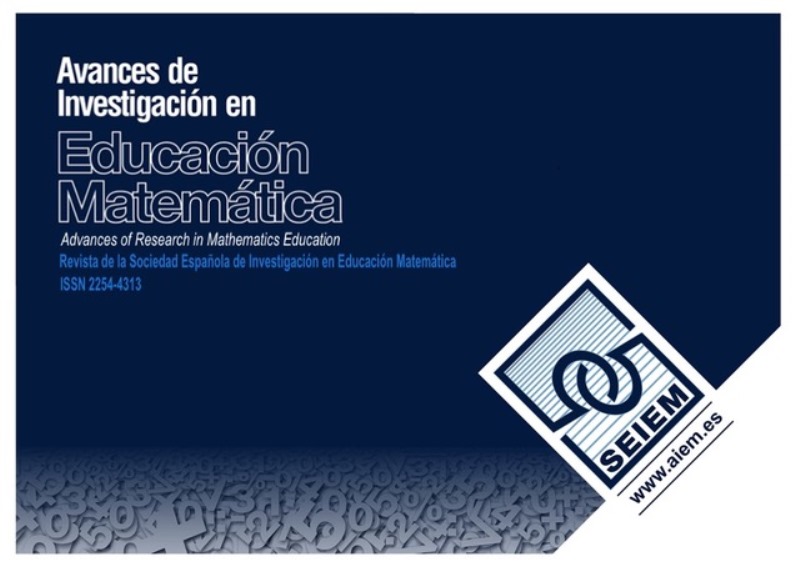Knowledge building and development of professional noticing for the mathematics teaching.What are we learning?
DOI:
https://doi.org/10.35763/aiem.v1i2.18Keywords:
Teachers’ learning, professional noticing, preservicemathematics teacher education, mathematics teaching, b-learning environments, social interactionAbstract
This paper synthesizes in three areas some research findings on the construction of knowledge for teaching mathematics in b-learning multimedia environments that integrate social interaction space. These areas are: (i) the role of interaction and meanings negotiation in the construction of knowledge; (ii) the process of instrumentalization of knowledge of mathematics education in the training programs, and (iii) the characteristics of argumentative structures in the process of conceptualization the mathematics teaching. Finally, new research questions emerging from these studies are identified.
Downloads
Downloads
Published
How to Cite
Issue
Section
License
The articles published in this journal are under a license Creative Commons: By 4.0 España from number 21 (2022).
Authors who publish with this journal agree to the following terms:
- Authors retain copyright and keep the acknowledgement of authorship.
- The texts published in this journal are – unless indicated otherwise – covered by the Creative Commons Attribution 4.0 international licence. You may copy, distribute, transmit and adapt the work, provided you attribute it (authorship, journal name, publisher) in the manner specified by the author(s) or licensor(s). The full text of the licence can be consulted here: http://creativecommons.org/licenses/by-nc/4.0.
- Authors are able to enter into separate, additional contractual arrangements for the non-exclusive distribution of the journal's published version of the work (e.g., post it to an institutional repository or publish it in a book), with an acknowledgement of its initial publication in this journal.
- Authors are permitted and encouraged to post their work online (e.g., in institutional repositories or on their website) prior to and during the submission process, as it can lead to productive exchanges, as well as earlier and greater citation of published work (See The Effect of Open Access).









